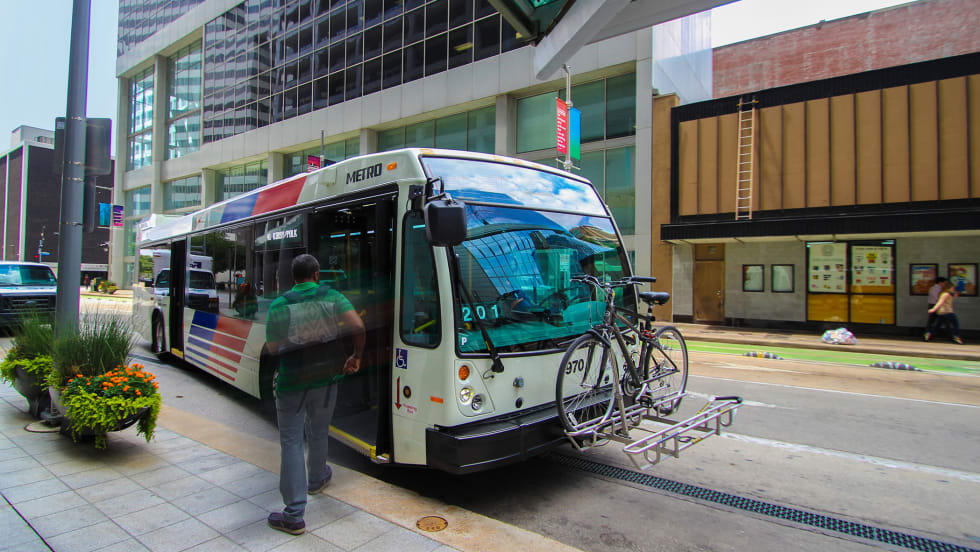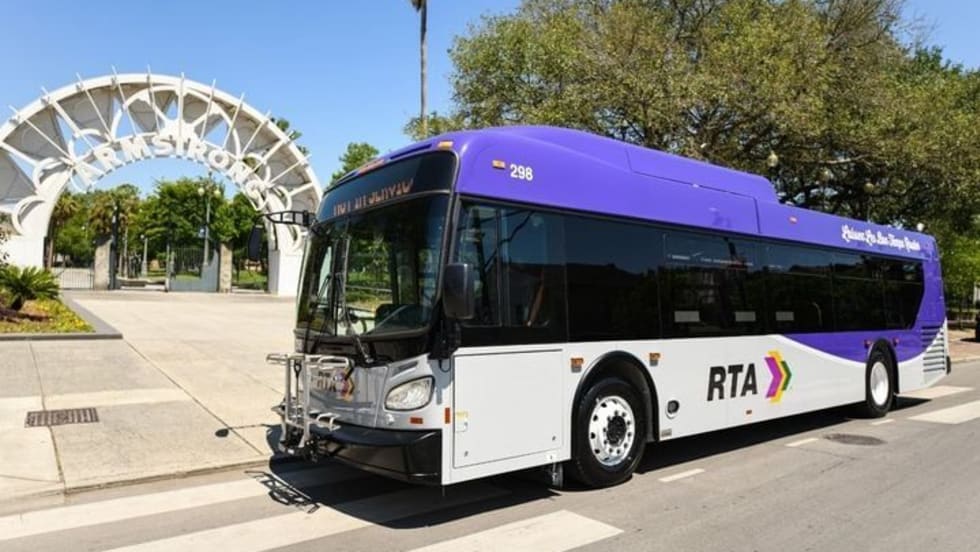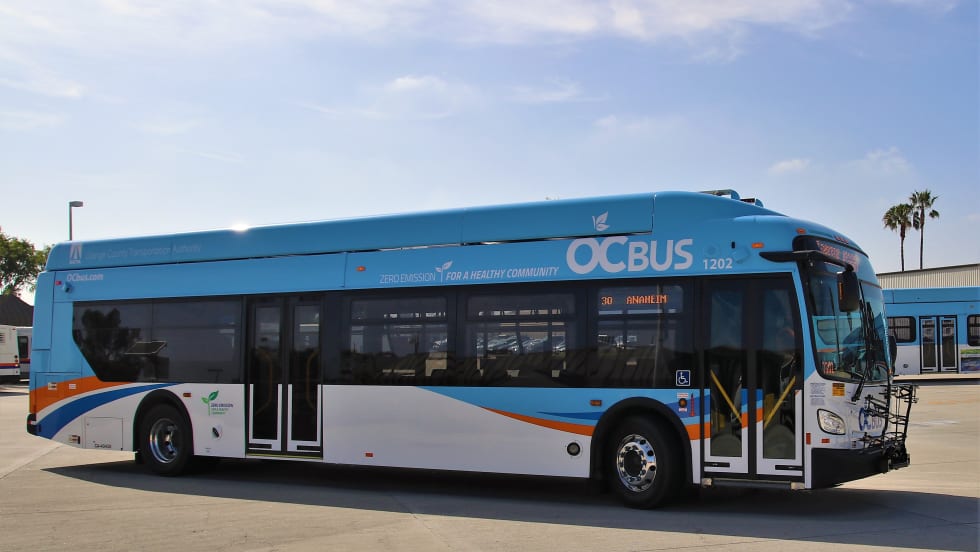While the pandemic has introduced a level of economic volatility expected to continue for some time, the Regional Transportation District (RTD)’s financial projections now appear to be more positive than previously thought, according to a forecast shared with the agency’s board by the University of Colorado Boulder’s Leeds School of Business.
The June forecast, which Leeds staff discussed at a study session with the board, predicts that RTD’s finances could recover to pre-COVID-19 levels two years sooner than previously predicted — by 2023. Revenue for 2020 could be $38.2 million more than previously projected, and revenue for 2021 could be $104.7 million more than previously projected. Both figures assume that RTD staff will continue to plan for a worst-case financial scenario as requested by the board.
The updated forecast shows RTD’s Mid-Term Financial Plan spanning 2021-2026 to be down 9%, compared with the previous projection showing a drop of 24% for that period.
“The variation in the numbers demonstrates how volatile the economic situation is due to the COVID-19 outbreak,” said Heather McKillop, RTD’s CFO/assistant GM, finance, and administration. “As we get actual sales and use tax figures, we will update the board and make changes accordingly.”
The agency will continue on a path of reducing costs and streamlining because it still has a large financial gap to address. Cuts made to the 2020 budget under the worst-case scenario will result in a surplus by the end of the year, which will be carried forward to the 2021 budget to help offset projected losses of sales and use tax revenue, decreased fare collection and the unlikely allocation of additional CARES Act funding.
The difference in forecasts resulted from March revenues being better than anticipated and a case of delayed payments captured in April versus March. These facts, as well as a shorter data collection period, affected the modeling Leeds used. Prior to the pandemic, RTD received forecasts from Leeds in May and September. The school is now updating the agency monthly, to guard against large financial swings amid continued uncertainty.
RTD expects to have a better picture of sales tax revenues when it receives May numbers next week. Leeds staff has said that the next two months of receipts will be the most important and revealing from a modeling standpoint.
At a national level, Leeds staff noted, personal income has swung from a flat-to-negative number to a projection for growth. Jobs began returning faster than initially projected, and consumer spending is moving toward pre-pandemic levels. Colorado-specific data are expected in the coming months.
The Leeds School has been working with RTD since 2011, after the agency enacted a fiscal policy to consult with an outside party for financial forecasting.













